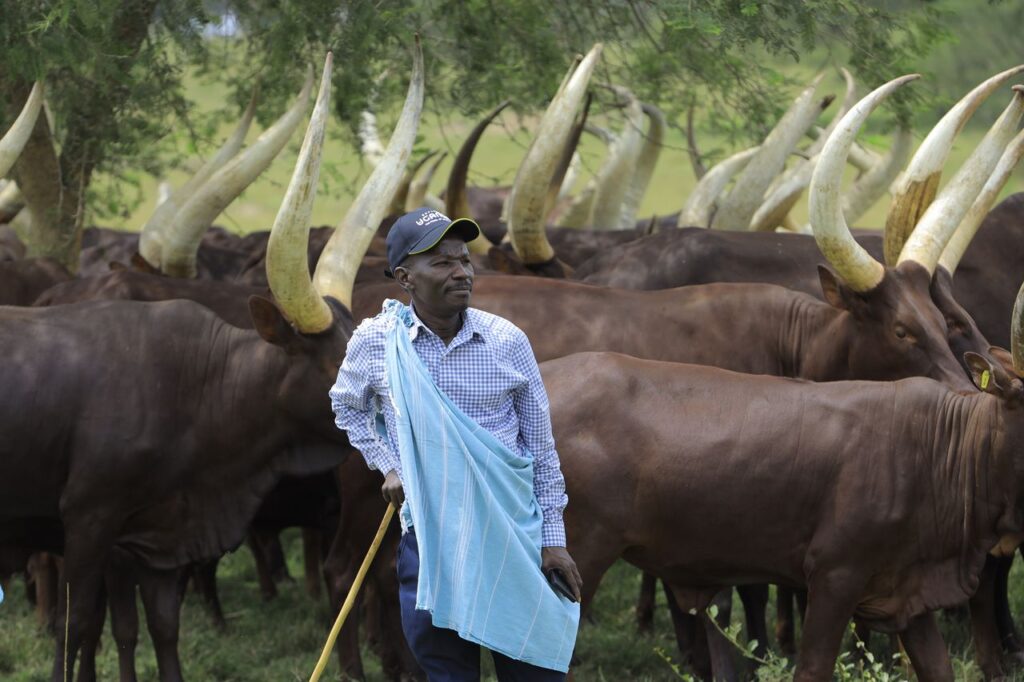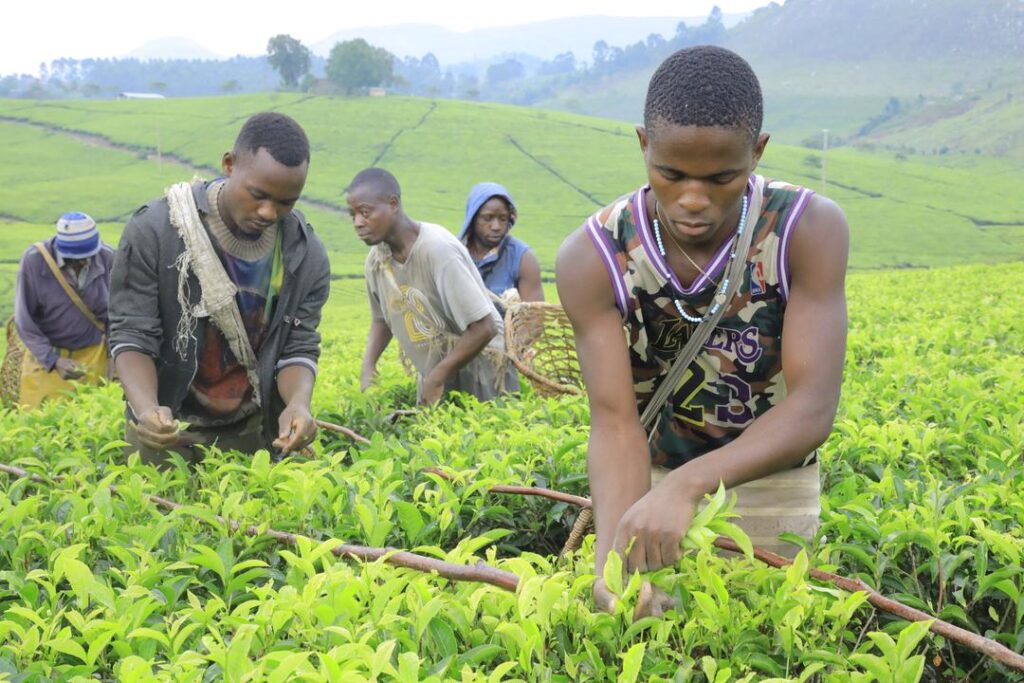The Ministry of Tourism, Wildlife, and Antiquities is organising agro-tourism familiarisation tours and study tours, particularly in Western Uganda, where establishments like Lake Mburo National Park, Emburara Farm Lodge, and Kyamuhunga Tea Estates are part of the key attractions. These tours are designed to demonstrate how agro-tourism can offer both an educational and immersive experience while boosting Uganda’s tourism industry.
Geoffrey Seremba, Under Secretary, Ministry of Tourism, says they are fully committed to the promotion of agro-tourism as part of a broader strategy to diversify Uganda’s tourism offerings.
The Ministry’s focus on agro-tourism is also aligned with efforts to increase tourism, improve the economy, and provide new opportunities for farmers and rural communities.

By promoting destinations that blend agriculture and tourism, the Ministry is helping to develop sustainable agro-tourism products that appeal to both domestic and international visitors.
Sseremba highlighted the significance of agro-tourism in Uganda’s long-term tourism strategy.
“By harnessing the power of agriculture and culture, Uganda can create a sustainable and inclusive tourism sector that benefits local communities and boosts the country’s economy,” he said.
“Our goal is to diversify Uganda’s tourism products, as it’s essential for the growth of the sector. Agro-tourism can play a major role in ensuring that tourism is not only sustainable but also equitable for rural populations.”

Sseremba emphasised the complementary relationship between agriculture and tourism.
“Agriculture and tourism are two sectors that fully complement each other. By promoting best practices in both, we can generate income for local communities while preserving Uganda’s cultural and natural heritage,” he explained.
“It will take time to grow agro-tourism into a fully established sector, but we are confident that with careful planning, investment, and the right support, agro-tourism will become a key pillar of Uganda’s tourism industry.”
Economic Benefits of Agro-Tourism

Uganda’s agricultural sector is crucial to the country’s economy, contributing approximately 24% of the GDP and employing 68% of the workforce.
The introduction of agro-tourism is expected to further boost economic growth by attracting new investment, creating jobs, and supporting rural livelihoods. With global tourism trends leaning toward eco-conscious and sustainable travel, Uganda’s agro-tourism sector offers the perfect opportunity to tap into this growing market.

Agro-tourism is particularly appealing to tourists seeking authentic, nature-based experiences. It offers the opportunity to explore organic farming, engage in conservation practices, and enjoy farm-to-table dining experiences.
These types of sustainable travel experiences resonate with the global shift toward environmentally responsible tourism. Uganda’s agro-tourism sector not only promises economic benefits but also plays an important role in preserving traditional agricultural practices.

Visitors can learn about the farming techniques that have been passed down through generations, while also supporting the preservation of Uganda’s cultural heritage. Globally, agro-tourism is one of the fastest-growing segments of the tourism industry.
According to the World Tourism Organisation, travellers are increasingly seeking destinations that offer immersive, culturally rich, and environmentally sustainable experiences. With its robust agricultural base and rich cultural traditions, Uganda is uniquely positioned to tap into this trend.

By investing in infrastructure, increasing awareness of Uganda’s agro-tourism offerings, and supporting rural communities, Uganda can emerge as a leading agro-tourism destination in Africa.











